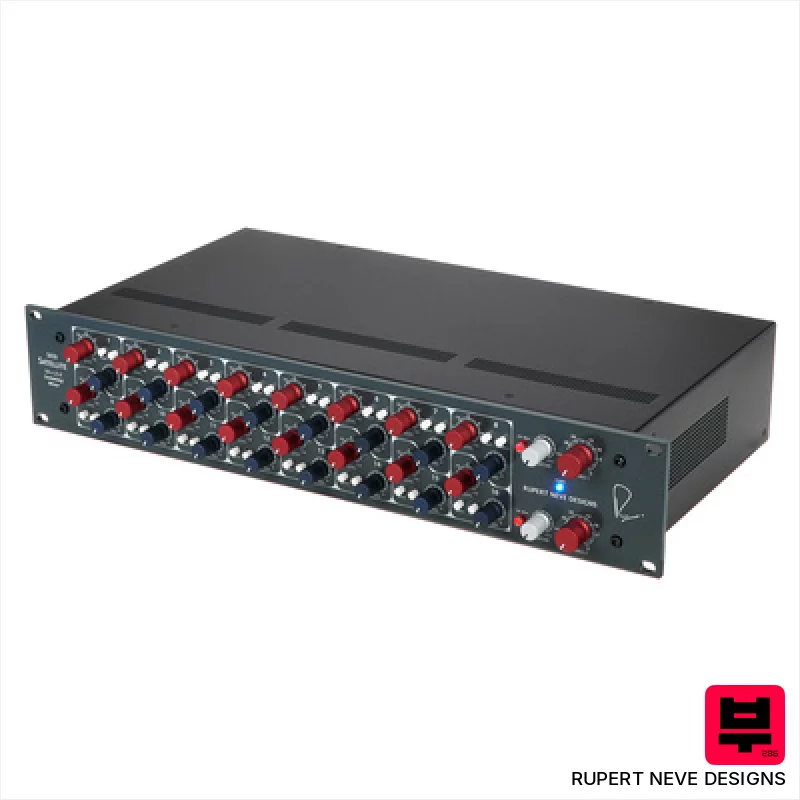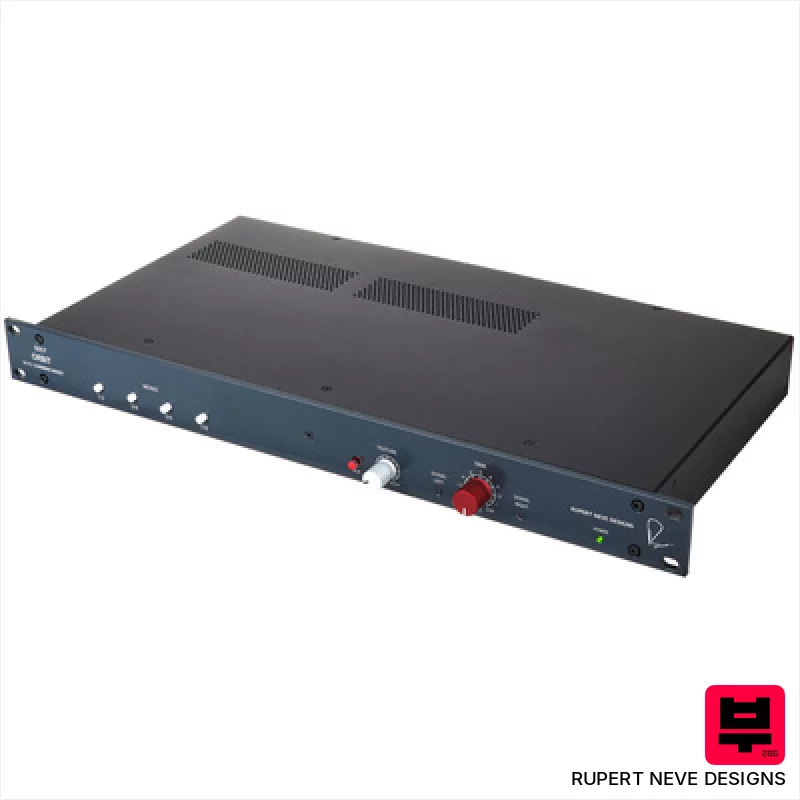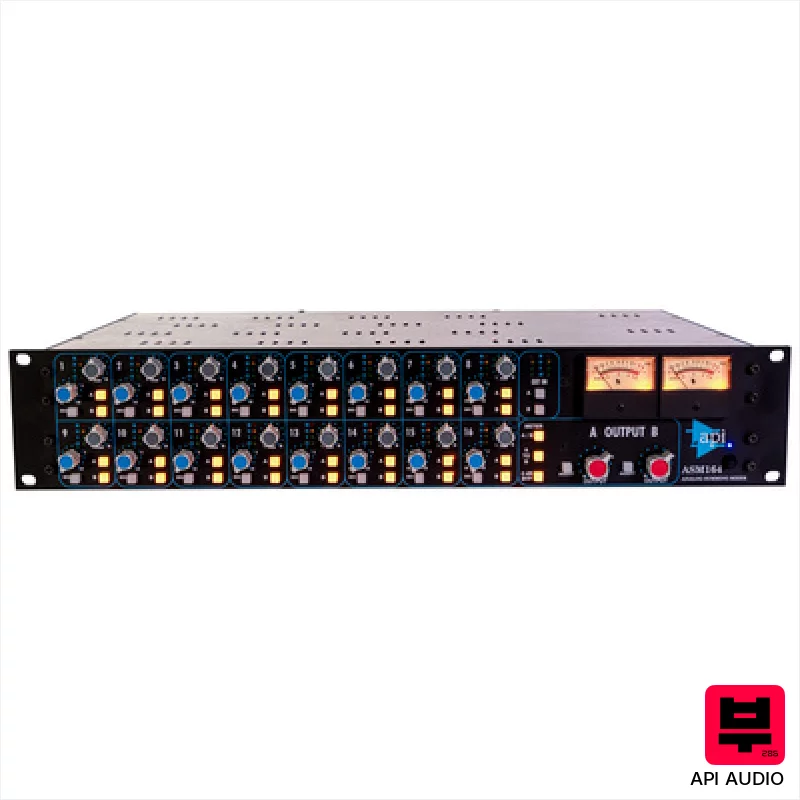Best Summing Mixer Under $5,000 2026
Affordable summing mixer under $5,000 - great value without compromising quality
Last updated: January 21, 2026 • Next update: January 28, 2026

Rupert Neve Designs 5059 Satellite Shelford
- • High-end studio standard
- • Analog warmth and character
- • Additional D/A and A/D conversion needed
- • Subjective sonic benefits
Rupert Neve Designs 5059 Satellite ShelfordActive 16x2+2 Summing Mixer16 ChannelsInsertlevel and pan per channel2...

Rupert Neve Designs 5057 Orbit
- • Analog warmth and character
- • Professional mixing enhancement
- • Additional D/A and A/D conversion needed
- • Professional expertise required
Rupert Neve Designs 5057 Orbit16x2 Summing Mixer16 Channel Class-A mix busSilk Red & Blue modes with texture...

API Audio ASM164
- • Analog summing for digital mixes
- • Professional mixing enhancement
- • Very expensive professional units
- • Subjective sonic benefits
API Audio ASM164Analogue Summing Mixer16 channelsAPI 2510 Input operational amplifierAPI 2520 OpAmpsInsert send/return...

Dangerous Music 2 Bus XT
- • Analog warmth and character
- • High-end studio standard
- • Professional expertise required
- • Additional D/A and A/D conversion needed
Dangerous Music 2 Bus XT16-Channel Analogue Summing UnitConnectors: XLR and D-sub2 Parallel stereo outputs (main +...

Neve 8816 Summing Mixer
- • High-end studio standard
- • Hybrid analog/digital workflow
- • Subjective sonic benefits
- • Complex hybrid workflow
Neve 8816 Summing MixerMixer16 Channels with additional Aux inputs CueLevelSoloand Mute switchesSettings are available...
How to Choose the Best Summing Mixer
Budget Planning
- • Under $200: Entry-level
- • $200-$500: Intermediate
- • $500-$1000: Advanced
- • $1000+: Professional
Quality Check
- • Sound clarity & tone
- • Build materials & finish
- • Hardware durability
- • Overall craftsmanship
Key Features
- • Your musical style
- • Skill level match
- • Intended use case
- • Brand reputation

